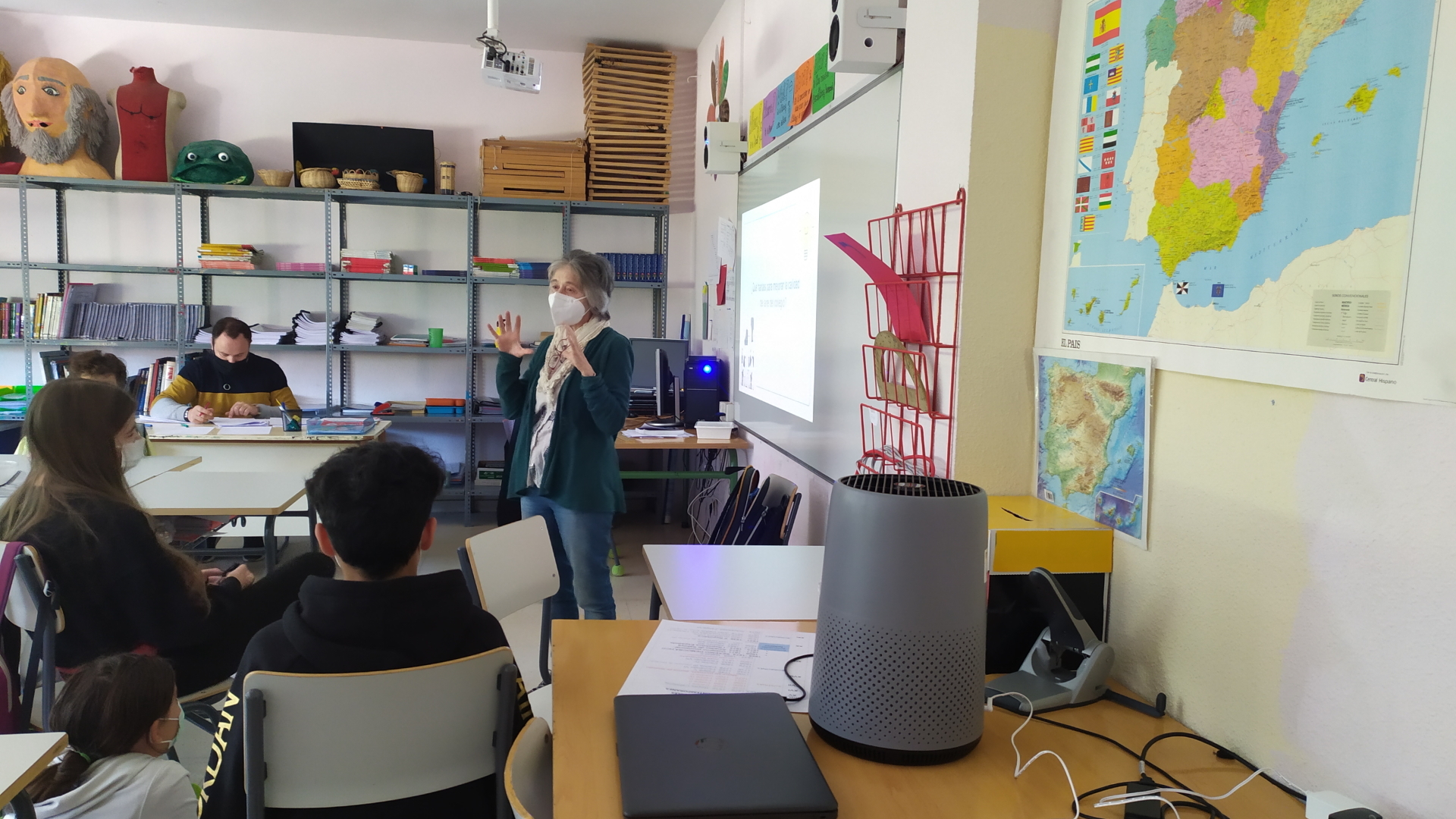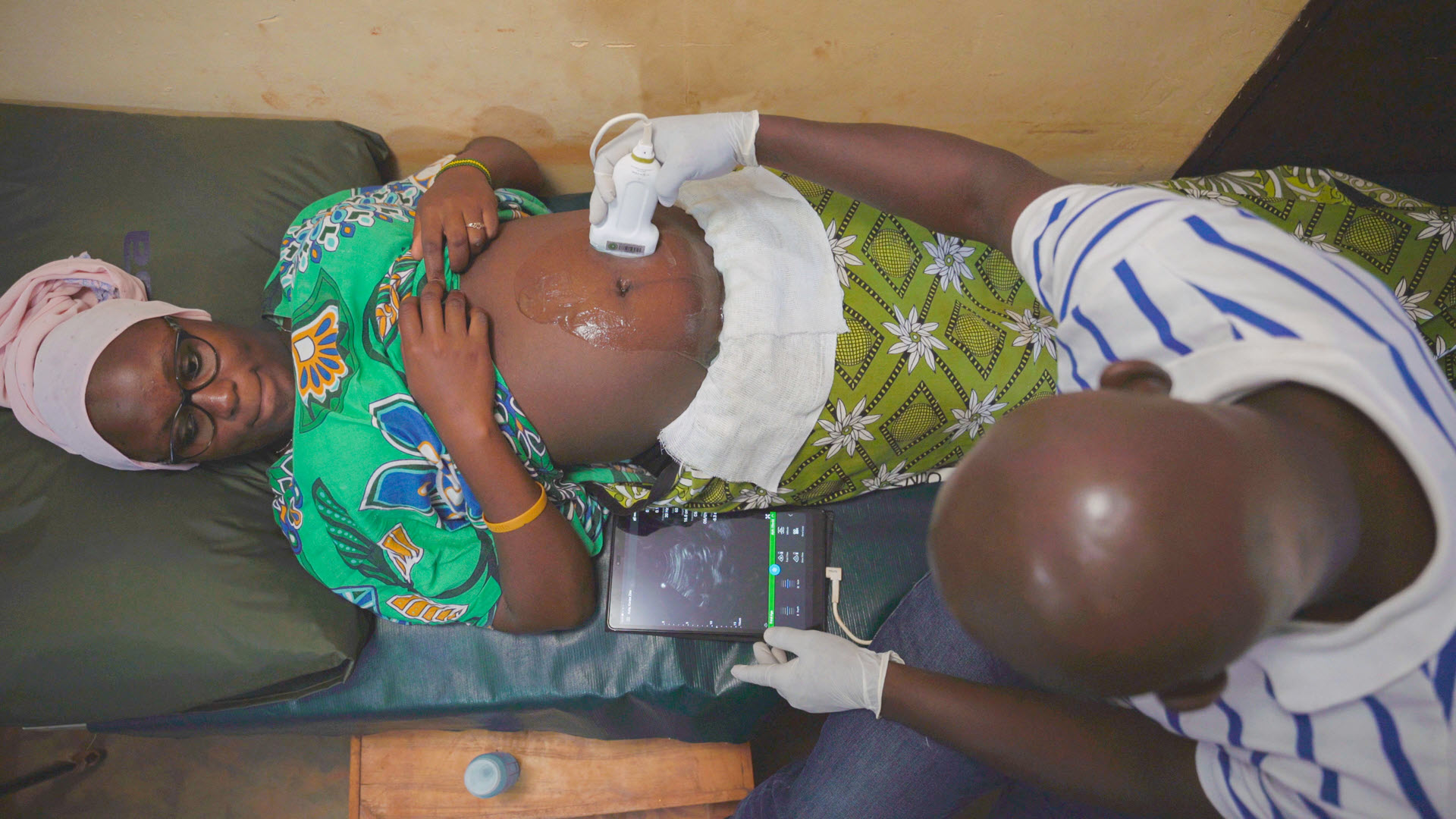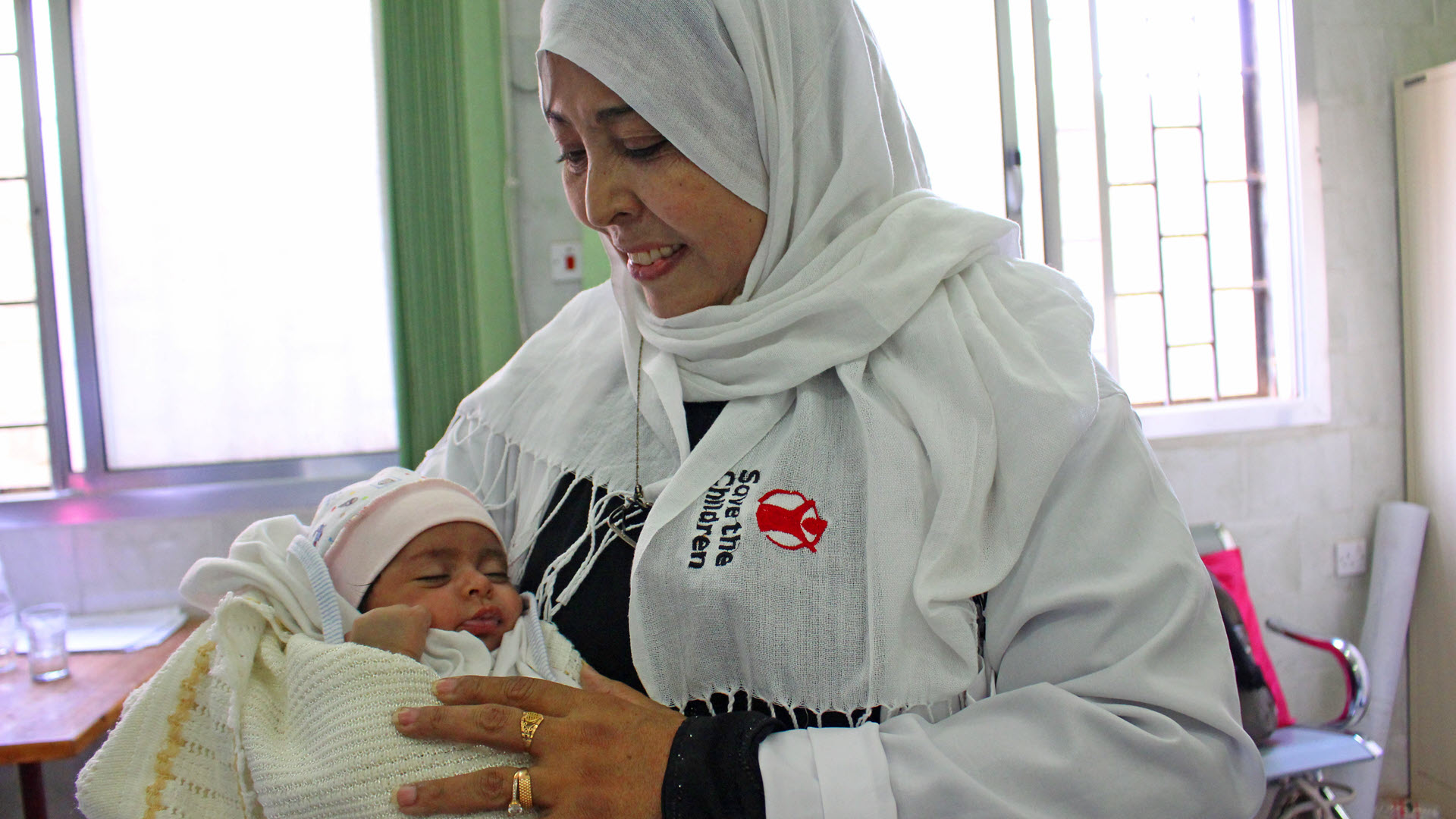Following the successful roll-out of the Clean Air for Schools framework in the United Kingdom by GAP and the Philips Foundation, the new pilot program in Spain will provide free support to help schools implement a tailored clean air action plan. Between May and June 2021, schools participating in this initiative will receive ten air purifiers to help clean the air inside classrooms.
In addition, the schools will develop a series of activities, such as workshops for students to learn about air pollution and create a clean air plan for the school led by teachers. They will also receive advice and educational resources from GAP and Philips Foundation to help implement the actions in the action plan.
The nine centers participating in the pilot program will evaluate the program and the tools used to improve and apply them in a second phase to a greater number of Spanish schools.
“Information and action to prevent damage to children’s health through exposure to air pollution is of paramount importance,” says Margot Cooijmans, Director of the Philips Foundation. “We need to protect school children from air pollution, a major health risk, with clear effects on learning and concentration abilities.”
Young children, in particular, are at risk from air pollution, as their bodies are still developing, and polluted air can cause health problems, including irreversible damage to lung function, worsening respiratory issues and even cause asthma in some cases.
“Research being carried out in this field indicates that air pollution also affects brain development and reduces children’s memory and learning capacity,” says Carlos Oppe, president of GAP in Spain. “In fact, a recent study suggests that reducing air pollution levels by 20% could improve the learning capacity of schoolchildren by 30 days per year,” adds Oppe.








